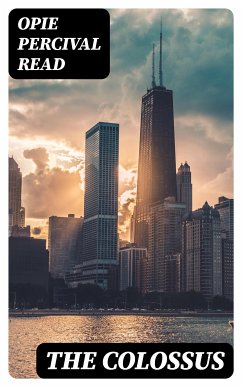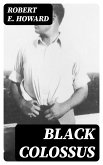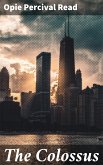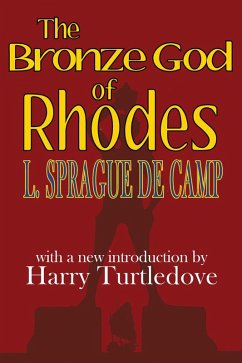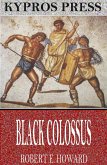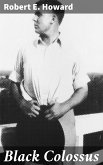In "The Colossus," Opie Percival Read crafts a compelling narrative that deftly intertwines humor and social critique within the context of late 19th-century America. Set against a backdrop of industrial growth and cultural transformation, the novel explores themes of ambition, identity, and the interplay between man and machine. Read's use of vivid imagery and colloquial dialogue immerses the reader in the Southern landscape, while his keen observations of character and society reveal the complexities of human nature and the era's burgeoning modernity. Opie Percival Read was a prominent figure in American literature, particularly known for his insightful depictions of Southern life. His background as a newspaper editor and humorist provided Read with a unique lens through which he viewed societal issues, forging a narrative style that combined wit with serious reflection. Influenced by his own experiences in a rapidly changing world, he illuminated the struggles and triumphs of ordinary individuals, making his work resonate with authenticity and depth. "The Colossus" is highly recommended for readers seeking a rich historical context blended with sharp social commentary. Read's masterful storytelling not only entertains but also provokes thoughtful reflection on the human condition, making this novel a timeless exploration of the complexities of progress and identity.
Dieser Download kann aus rechtlichen Gründen nur mit Rechnungsadresse in A, B, BG, CY, CZ, D, DK, EW, E, FIN, F, GR, H, IRL, I, LT, L, LR, M, NL, PL, P, R, S, SLO, SK ausgeliefert werden.

